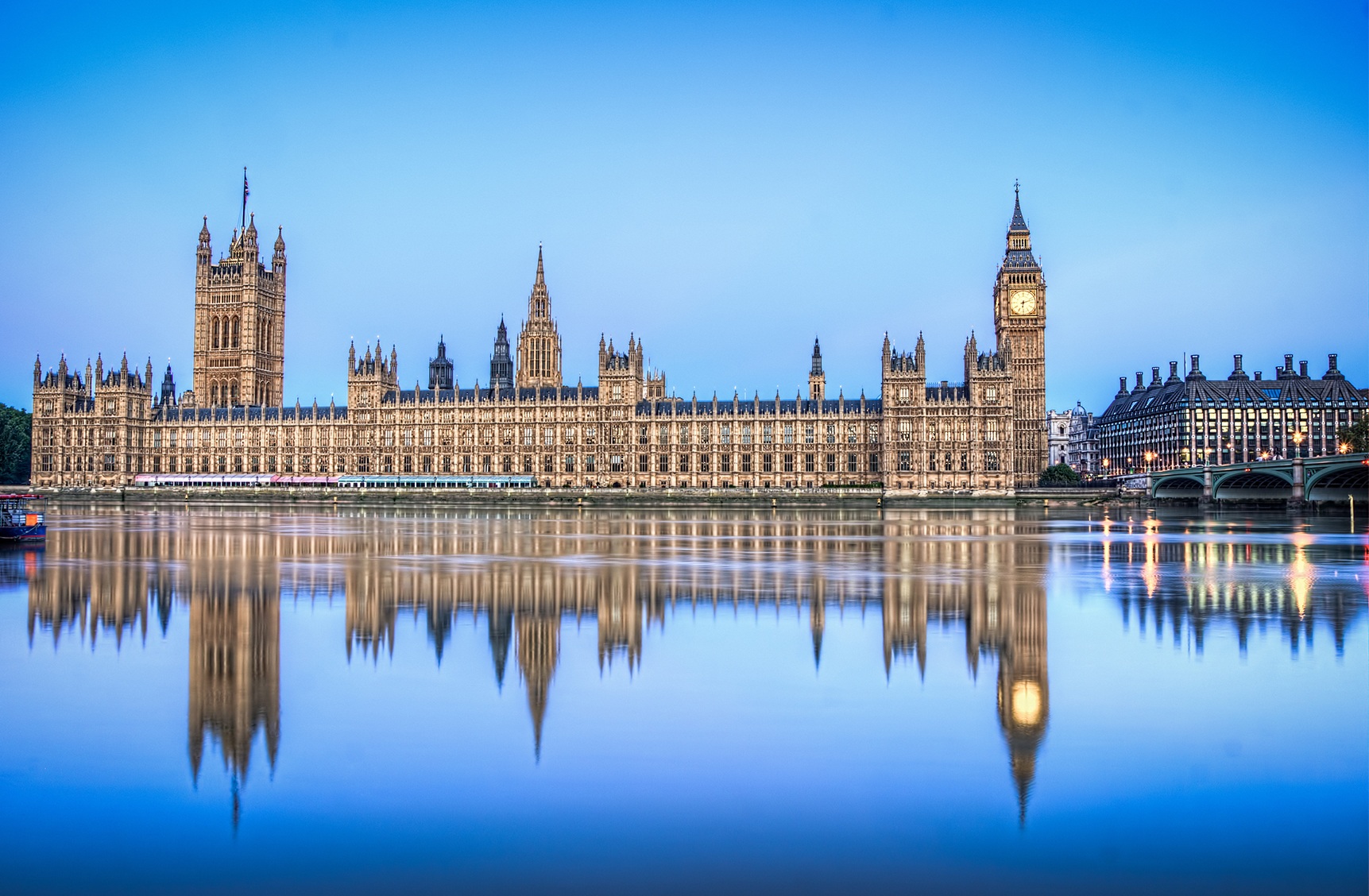In the House of Commons – not that much. With a general election looming there was as much ‘banter’ and political finger pointing as ever. Jeremy Hunt took centre stage for over an hour to deliver the 2024 Spring Budget and there were a few notable announcements, although nothing of substance that wasn’t expected or previously leaked. Many of the changes sought to justify (fund) the headline grabbing reduction in national insurance by 2%, set in the context of the Conservatives being a low tax, high growth party, albeit one chastened by recent attempts to achieve this by predecessors.
Summarised below are what we consider the key changes, but a full breakdown of all the tax legislation and rates announced yesterday can be found here.
Personal Tax
- National Insurance (NI) has been cut again, with the rate paid by employees falling to 8% (from 10%), and the rate paid by the self employed to 6% (from 8%), taking effect from April 2024.
- High Income Child Benefit Charge (HICBC). Having been widely accepted as an unfair system, it was announced that the HICBC will be overhauled so that it is assessed on a household-based system from April 2026. In the meantime, however, the HICBC threshold was raised from £50,000 to £60,000 from April 2024, with the top end taper (where all child benefit is clawed back) being extended to £80,000 from its current level at £60,000.
- Capital Gains Tax (CGT) on UK Property was tweaked, with the higher rate for residential property sales being reduced from 28% to 24%. According to the Chancellor, this reduction should both save people money, but also increase the overall tax take by the government as more investors are willing to dispose of properties.
- The Furnished Holidays Letting (FHL) regime will be abolished from April 2025, in an attempt to simplify the tax system and remove the “distortion” it supports, whereby houses are unavailable for long-term occupation by local people. The chancellor sited a number of heavily affected towns in Cornwall when setting the scene for this one.
- The tax rules for non-UK domiciled individuals will be overhauled rom April 2025, with the current remittance basis of taxation being abolished for UK resident non-domiciled individuals. This will be replaced with a new 4-year foreign income and gains regime for individuals who become a UK tax resident after 10 years of non-UK tax residence.
- A new British ISA (Individual Savings Account) with a £5,000 annual allowance was announced, designed for investment in UK firms.
Business Taxes, Excise and Duties
- The VAT Threshold was increased for the first time in 7 years, up from £85,000 to £90,000, taking effect from April 2024. The de-registration threshold follows suit, up to £88,000 from £83,000. Although welcome, this will have little impact on small businesses.
- In a change to Stamp Duty Land Tax (SDLT), Multiple Dwelling Relief (MDR) will be abolished from June 2024, removing the relief available to bulk purchasers of properties.
- A new duty on vaping products will be introduced from October 2026, recognising the significant health issues associated with long term vaping use. This will be introduced alongside an increase in tobacco duty, to discourage vapers to move to tobacco.
Other Announcements and Commitments
- OBR (Office for Budgetary Responsibility) predicts UK economy growth of 0.8% this year ,1.9% next year and 2% in 2026.
- UK inflation forecast to fall to below 2% by the end of June, falling to 1.5% next year.
- £3.5bn investment in NHS IT and infrastructure, with an anticipated saving of £35bn in efficiencies.
- Freeze on alcohol duty extended until February 2025.
- Freeze on fuel duty extended until April 2025.
- “Windfall” tax on the profits of energy firms extended until 2029.
- No changes to income tax bands or rates in 2024/25.
- Dividend allowance reduces from £1,000 to £500 in April 2024.
- No change to National Insurance thresholds or limits in 2024/25.
- No change to employer’s NIC (secondary) rates in 2024/25.
- CGT annual exempt amount reduces from £6,000 to £3,000 in April 2024.
- No change to IHT limits or rates in 2024/25.
- No change to corporation tax thresholds or rates in 2024/25.
- Full expensing for capital expenditure to be extended to include leased assets.
- Extension to various cultural reliefs such as Audio-Visual Expenditure Credit, Theatre Tax Relief and a new Independent Film Tax Relief.



